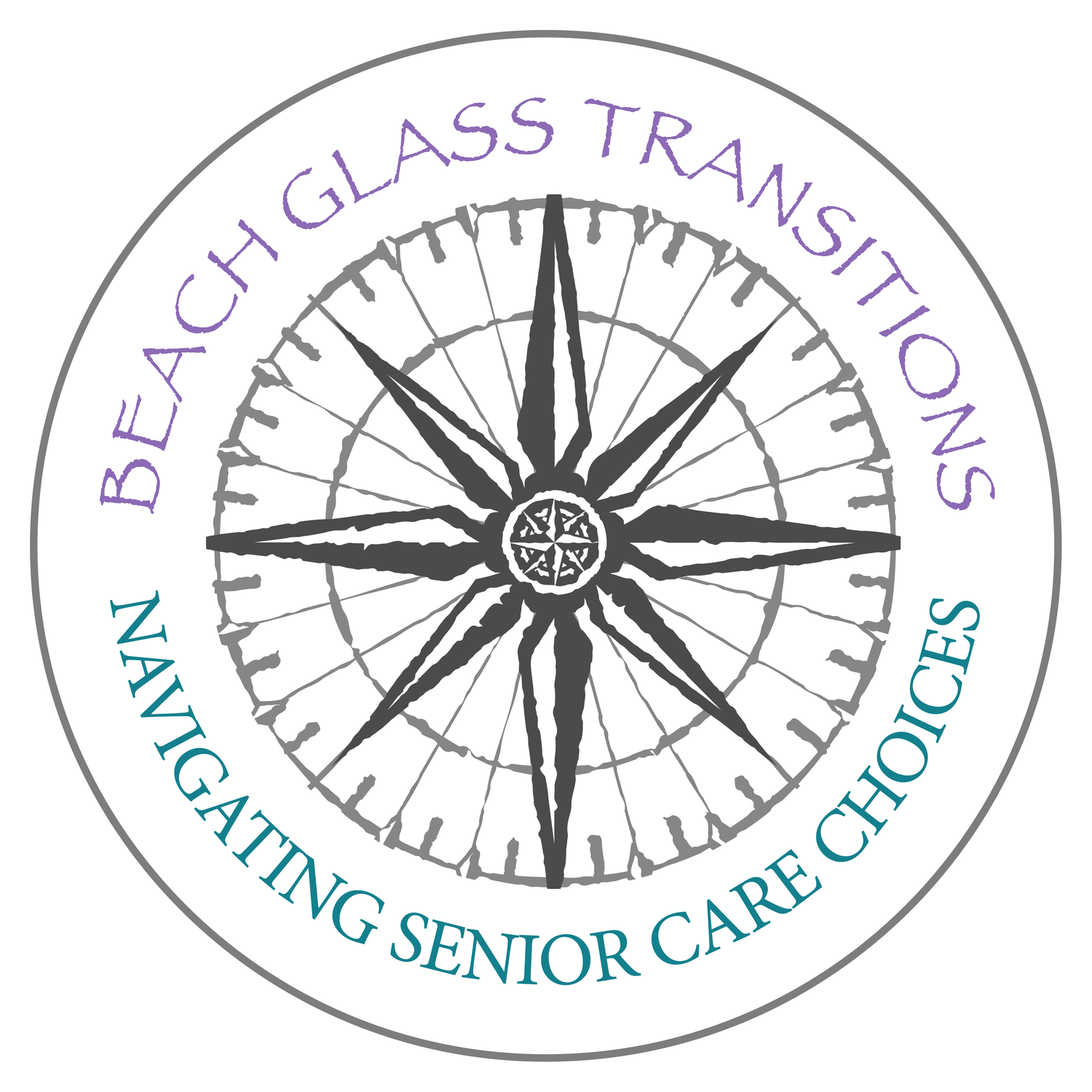Activities of Daily Living Explained
/Activities of Daily Living (ADLs) are the basic activities of day-to-day living that one must complete to live comfortably and healthily. These activities include the following:
Ambulating: Walking, with or without assistive equipment such as a cane or walker, or operating a wheel chair or motorized scooter.
Transferring: Transitioning one’s body position to ambulate. For example, standing up from a chair or getting from the bed to a wheelchair.
Toileting: Including the entire process of going to the bathroom, from needing reminders to initiate or to complete steps throughout the process, to needing physical assistance with pre or post bowel/bladder movement care.
Feeding: Physical capacity to eat meals, not including meal preparation.
Dressing: Including choosing appropriate clothing, and undressing.
Grooming: Including bathing, dental cleaning, and all hygienic self-care.
It is important to know and understand the Activities of Daily Living that your loved one has difficulty performing, and those which they need “cueing” with -- meaning reminders or prompts to complete the activity.
Many providers and benefit programs use ADLs to evaluate the appropriate care level for your loved one, or to determine benefit eligibility. Medicaid, VA Benefits, and Long Term Care insurance all will require an evaluation of the beneficiary’s ability to perform ADLs.
Aside from the Basic ADLs listed, there is a subcategory called Instrumental ADLs, which include matters like housework, money management, shopping, preparing food, driving, etc.
These are important activities when considering quality of life, but are not typically considered when qualifying for benefits.
They may, however, play a role in determining the appropriate care level when seeking out-of- home care, assisted living, or other care options. So be sure to list the activities that your loved one struggles with and keep this information with the other documents and papers.

